Date: 07/01/2021
By Alan Hardie, CEO at NCEAT.
 Where do I start? When I wrote the last Lighthouse article just before Christmas, the main challenge we were anticipating after the holidays was working out the logistics of mass testing for secondary school pupils and staff. After New Year, this then switched to dealing with the threat of industrial action in primary and special schools from unions, concerned with the safety of staff and pupils from the new strain of Covid-19.
Where do I start? When I wrote the last Lighthouse article just before Christmas, the main challenge we were anticipating after the holidays was working out the logistics of mass testing for secondary school pupils and staff. After New Year, this then switched to dealing with the threat of industrial action in primary and special schools from unions, concerned with the safety of staff and pupils from the new strain of Covid-19.
On Monday, all of this was replaced by the news of the third national lockdown; the partial closure of schools and moving to remote learning, something few of us expected to happen so suddenly. People sometimes ask whether schools get advance warning of this type of decision, but I can confirm that we found out at the same time as everyone else when watching the Prime Minister’s announcement on TV.
As with the first lockdown, we had done some advanced planning just in case. In the same way that we plan for something like dealing with a fire or power cut; plans are put in place which we hope that we will never use. I wish the same could be said for the Department for Education (DfE) in their response to the decision to cancel exams. Since the summer, schools have been asking for a ‘plan B’ to be ready, just in case the 2021 exams were cancelled as they were in 2020. This happened in Scotland and Wales, so in both countries there was a clear plan so that everyone knew immediately how grades would be awarded. However in England, secondary pupils face uncertainty while a plan of how teacher assessment will work is quickly put together.
I was very glad to hear yesterday that the Year 6 SAT exams were also cancelled. Even in normal years, these are unnecessary; they don’t help the pupils, cause anxiety and can easily be replaced by teacher assessments. Cancelling them this year means that we can help our Year 6 pupils catch up with their learning and spend more time on transition activities for secondary school.
For the next few weeks, while most pupils will not physically be in school, we are determined to make sure that as far as possible they won’t fall behind with their learning. In March, remote learning was completely new to everyone but we now have systems in place and the experience to make this an effective form of learning. We didn’t need the Secretary of State to threaten schools with OFSTED to put high-quality remote learning strategies in place, we did it anyway because it is the right thing to do so that our pupils can continue to learn.
The first lockdown was a complete shock and none of us had experienced anything like it before. However, when going through a crisis you learn from the experience and develop resilience. We are much better prepared for this lockdown and are optimistic that vaccines promise us a return to a much more normal life later in the year.
The focus now will be on removing barriers to learning. We have more laptops than ever before and have been promised further deliveries by the DfE. We can offer some support with internet connections. We have staff allocated to provide help desks for anyone struggling with remote learning. We will continue to provide food for those pupils working at home and we hope that the promised national voucher system will be up and running soon.
We want all of our schools and campuses to be at the heart of their communities during the difficult weeks ahead and help to support our families. Even if we can’t provide the help directly ourselves, we work with other organisations who can instead. In the previous lockdown, we realised the importance of keeping contact between school and families. This will be regular during the current lockdown, but if there is an immediate problem then please don’t wait, just get in touch through the usual school and campus contact methods and we will do our best to support you.
You can also get in touch via email at communitysupport@ncea.org.uk if you or someone you know requires some confidential support with anything from financial to emotional issues.
